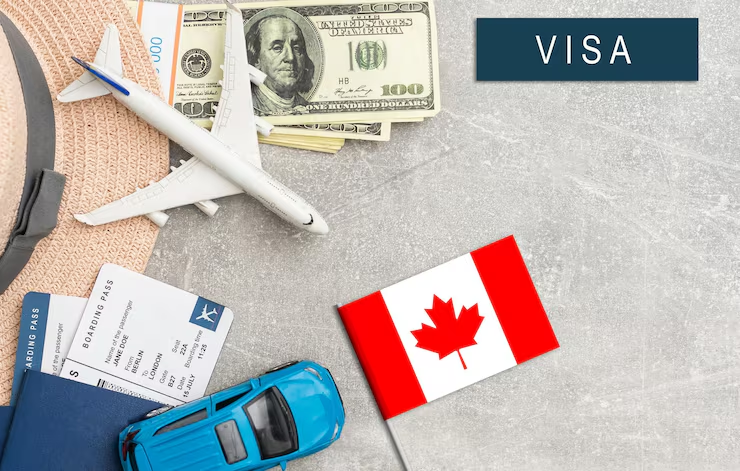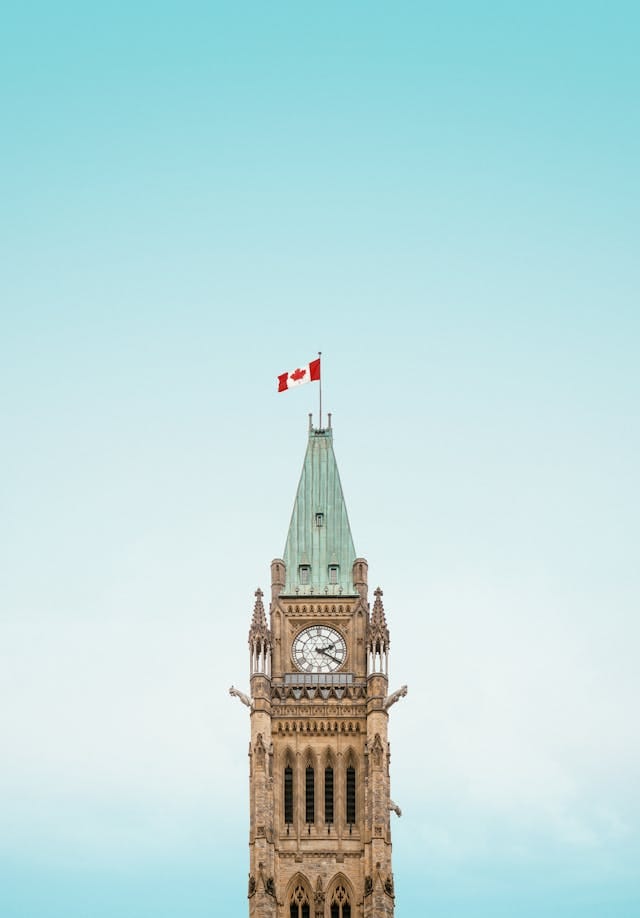
The Super Visa is designed for parents and grandparents of Canadian citizens and permanent residents, allowing them to visit Canada for extended periods without the need for frequent renewals. This visa allows multiple entries for up to 10 years, with each stay lasting up to 5 years. It’s an excellent option for families wanting long-term visits while maintaining flexibility.
Table of Contents
ToggleWhat Is a Super Visa?
A Super Visa is a long-term visa that allows parents or grandparents of Canadian citizens and permanent residents to visit for up to 5 years at a time.
Unlike a regular visitor visa, which typically permits stays of 6 months or less, a Super Visa gives families the opportunity to reunite for longer periods without the hassle of frequent renewals. This visa is especially helpful for families who don’t wish to apply for permanent residency but still want extended visits.

Super Visa Canada Requirements
To be eligible for a Super Visa, both the applicant and the host in Canada must meet specific criteria:
- Eligibility of the Applicant: The applicant must be the parent or grandparent of a Canadian citizen or permanent resident. They must also provide proof of medical insurance with at least $100,000 in emergency coverage, valid for at least one year from the date of entry.
The applicant must undergo an immigration medical exam, prove their ties to their home country, and demonstrate their intent to leave Canada once the visa expires.
- Eligibility of the Sponsor (Child or Grandchild): The host must meet the minimum Low Income Cut-Off (LICO) based on their family size. This ensures they can financially support their parents or grandparents during their stay.
Proof of income can include documents like the most recent Notice of Assessment (NOA), T4/T1 forms, pay stubs, or employment letters. Here are the LICO requirements for different family sizes:
| Size of Family Unit | Minimum Necessary Gross Income |
| 1 Person | $29,380 |
| 2 People | $36,576 |
| 3 People | $44,966 |
| 4 People | $54,594 |
| 5 People | $61,920 |
| 6 People | $69,834 |
| 7 People | $77,750 |
For each additional person beyond seven, an extra $7,916 is required.
Super Visa Canada Processing Time
The processing time for a Super Visa can vary depending on the visa office and additional factors like the need for a medical exam or a police certificate.
On average, it takes about 145 days, but it could be longer or shorter depending on specific circumstances. It’s important to book your biometrics appointment early and submit all required documents to avoid delays.
Super Visa Fees
The cost of applying for a Super Visa includes several components. While the application fee is typically around CAD 100, you’ll also need to account for biometrics fees (approximately CAD 85 per person) and medical insurance costs, which vary depending on the provider and the coverage amount.
The required health insurance, which must offer at least $100,000 in coverage for emergency medical care, hospitalization, and repatriation, can be a significant expense, but it is mandatory for the application.
How to Apply for a Super Visa

Applying for a Super Visa involves several steps:
- Prepare the Documents: Gather necessary documents, including proof of relationship to your host, a letter of invitation from your child or grandchild, proof of their income (to meet the LICO), and proof of paid health insurance coverage for at least one year.
- Complete the Application: You will need to fill out an online application through the Immigration, Refugees and Citizenship Canada (IRCC) website. Ensure you include all required documentation to avoid delays or refusals.
- Submit Biometrics: As part of the process, you will be asked to provide your fingerprints and a photo (biometrics). Book this appointment as soon as possible after submitting your application to prevent processing delays.
- Medical Exam: Undergo a medical exam with an approved physician, and submit the proof of completion along with your application.
- Wait for Processing: Processing times vary, but once approved, you’ll receive a visa in your passport. If you are from a visa-exempt country, you’ll get a letter to present to the border services officer when you arrive in Canada.
Difference Between Visitor Visa and Super Visa
A regular visitor visa allows individuals to stay in Canada for up to 6 months per visit. If you wish to stay longer, you must apply for an extension or leave and re-enter the country.
In contrast, the Super Visa allows parents or grandparents to stay in Canada for up to 5 years per entry without the need for renewal every six months. Additionally, the Super Visa requires proof of medical insurance and higher financial thresholds than a regular visitor visa.
Ready to spend more time with your loved ones in Canada? Start your Super Visa application with SEP Immigrants today and let us guide you through the process.
FAQs
The sponsor must meet the minimum income requirement based on their family size. Proof of sufficient income (LICO) must be provided through documents such as NOAs, T4s, pay stubs, or bank statements.
A Super Visa allows parents and grandparents to stay in Canada for up to 5 years per entry. The visa is valid for multiple entries for up to 10 years.
No, the Super Visa does not grant permanent residency (PR). It is a long-term visitor visa, and those looking for PR must apply separately through appropriate immigration programs.
Super Visa approval rates are generally high if all requirements are met. Providing thorough documentation and meeting income and medical insurance criteria increases the chances of success.
The minimum income requirement varies based on family size. For example, for a family of four, the gross income must be at least $54,594. These income thresholds must be met by the child or grandchild hosting the applicant.




